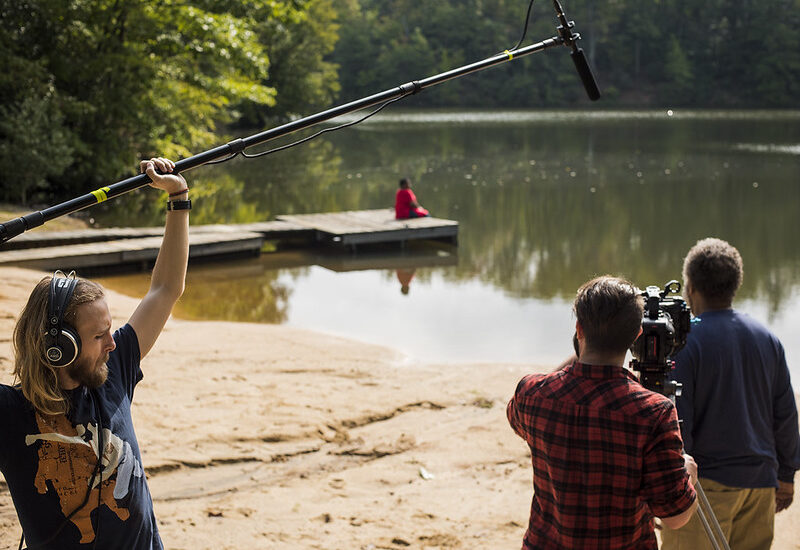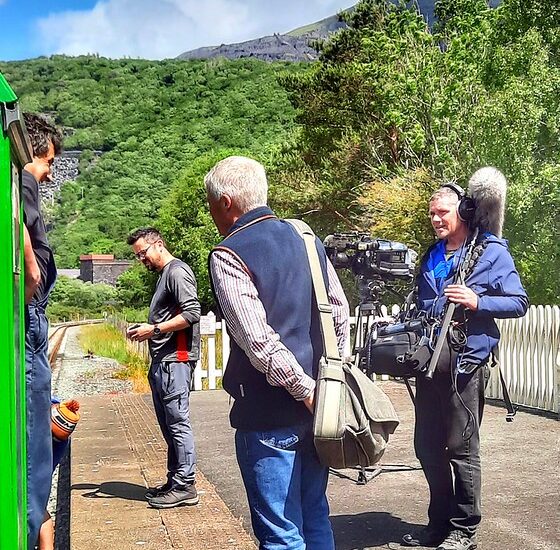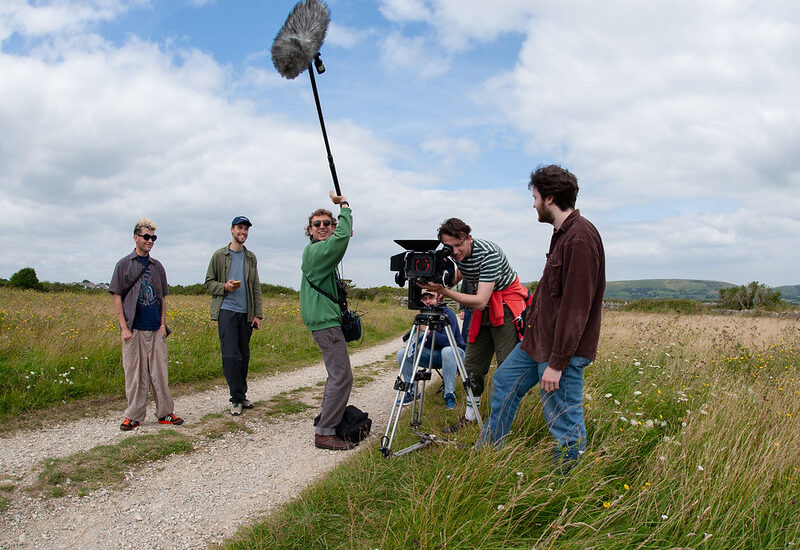Scouting and film fixing services in Uganda. Monumental Expeditions and Safaris is a Ugandan company…
Essential Kenya Travel Information Every Tourist Must Know
Kenya is a must-see African destination for many leisure travelers, and Nairobi is THE hub for East African leisure and business travel. If you are planning your first Kenya safari vacation or business trip, you must gather important information about the destination in order to avoid any inconveniences that come with international travel. Fortunately for you, we have provided the most important travel information that every tourist must know when visiting Kenya for the first time, including currency, health, the people, shopping, climate, security, visa, and health precautions.
Geography
![]() Kenya is located in East Africa around the equator and has borders with Tanzania and Uganda. Its position provides access to the stunning Indian Ocean beaches, the vast grasslands and mountain ranges, and the picturesque Eastern Rift Valley. Kenya is approximately 580,367 square kilometers (224,081 square miles), roughly the size of Spain or Texas in the United States.
Kenya is located in East Africa around the equator and has borders with Tanzania and Uganda. Its position provides access to the stunning Indian Ocean beaches, the vast grasslands and mountain ranges, and the picturesque Eastern Rift Valley. Kenya is approximately 580,367 square kilometers (224,081 square miles), roughly the size of Spain or Texas in the United States.
People
Kanya is divided into 52 tribes, each with its own language. The majority of Kenyans speak two languages: Swahili and their tribal tongue. English is widely utilized as a business language and is used in cities, resorts, and hotels.
 climate
climate
Kenya’s climate fluctuates with the seasons due to its location near the equator. Kenya’s weather is pleasant, with height and topography variances creating weather disparities around the nation. The weather is often cold in the Highlands; elsewhere, temperatures might exceed 35 degrees Celsius during the day. The seashore is quite damp and warm.
The majority of the nation has two rainy seasons: “short rains” from October to November and “long rains” from late March to early June.
Visiting Kenya during the rainy season is completely viable to visit Kenya during the rainy season because few roads are damaged by rainstorms. The rains can refresh and green up the parks, and the season brings fewer people on the safari trails. Rainstorms typically occur in the late afternoons, after bright, sunny, and fresh concluding hours of the day.
July and August are the coldest months and are frequently cloudy, especially in the mornings. The hottest season in most regions of Kenya lasts from December to mid-March.
Visa for Passport
All inbound travelers must have a tourist visa, which may be obtained through the Kenya High Commission or through the e-visa portal at www.ecitizen.go.ke.
The e-visa application procedure will soon become mandatory. Visit the Kenya High Commission website for further information on various visa kinds.
Visa acceptance might take up to seven days, therefore we recommend registering your application well in advance of your trip. Tourists must have a passport that is valid for at least six months and has at least two blank pages.
Precautions for Health
![]() Kenya is typically regarded as a safe country to visit by most visitors. Flight to Fancy Holidays, on the other hand, offers evacuation coverage for all of our safaris because our client’s safety is our first priority. We recommend that our clients have comprehensive vacation/medical insurance. It should be noted that Flying Doctors insurance only covers emergency evacuation to Nairobi and does not cover medical expenditures.
Kenya is typically regarded as a safe country to visit by most visitors. Flight to Fancy Holidays, on the other hand, offers evacuation coverage for all of our safaris because our client’s safety is our first priority. We recommend that our clients have comprehensive vacation/medical insurance. It should be noted that Flying Doctors insurance only covers emergency evacuation to Nairobi and does not cover medical expenditures.
Before you go, always check with your local health authorities for the most recent health guidelines. Knowing your blood type is a must for every traveler, and Kenya offers excellent medical facilities, particularly private ones.
The following private hospitals are excellent for emergency care:
+254 203 662 000 Aga Khan Hospital
+254 204 291 000 M.P. Shah Hospital
+254 703 082 000 Nairobi Hospital
+254 206 613 000 Karen Hospital
Vaccination
Before your journey, we recommend that you see your doctor or a professional travel health center for guidance on travel medication and immunizations.
All visitors to Kenya and the East African Community must have a Yellow Fever vaccination certificate.
We also prescribe Hepatitis A, B, and Typhoid Fever immunizations (Typhim Vi i.m.)
Unless there is evidence of a meningitis outbreak, a meningitis vaccination is not advised.
Malaria prevention is critical. Malaria is frequent in areas where nighttime temperatures drop below 15 ° C. Warmer areas, such as the coastline region, are high-risk Malaria zones; while staying on the Kenyan coast, take anti-malarial medicine.
Flights inside the country
The baggage allowance for domestic flights in Kenya is 15kg per passenger, including hand luggage. The baggage must be soft and foldable.
Internal flight timings are approximate and liable to change at any time. Any flight modifications will be communicated to you by your trip planner before departure. Flights may also require several pick-ups and drop-off points, depending on the number of people on board and where they are staying.
Water and Food
Whilst tap water is generally safe, drink bottled water, which is available at all resorts and campgrounds.
Breakfast, lunch, and supper are often served in lodges or campgrounds. Breakfast options include a full English breakfast and a continental breakfast with fresh local fruits. Buffets and picnic meals are both options for lunch. Dinner is usually table d’hôte. Please notify your trip planner of any dietary restrictions before departure.
Photography
Kenyans, like any other natives, want you to respect their approach to shooting. Before photographing a local, you can obtain permission from your guide. It is customary not to photograph border crossings, people in uniform, or military locations.
Insurance
Safari firms must carry extensive medical insurance. There is no government welfare system, and tourists visiting Kenya are liable for their own medical bills. Please check to see if your medical insurance covers you abroad. We offer evacuation insurance to all of our clients that visit Kenya.
Currency and Money Exchange
The Kenyan Shilling is the monetary unit. The majority of Kenyan hotels, lodges, camps and stores accept credit cards. ATMs that accept dollars and Kenyan Shillings are readily available in Nairobi and other major cities.
At the airport, city hotel, and any bank, you may immediately exchange your monkey for Kenyan Shillings. Kenya has no “exchange control,” hence the rate of the currency fluctuates across banks, foreign currency bureaus, and hotels.
Information on currency
Shillings of Kenya (KES; symbol KSH). KSh 1000, 500, 200, 100, and 50 notes are available. KSh 40, 20, 10, 5, and 1 coins are available.
credit Cards
In Kenya, Visa and MasterCard are frequently accepted, particularly at ATMs, hotels, lodges, and camps. American Express and Diners Club are not as popular.
Banking hours:
Monday-Friday, 09:00-16:30; Saturday, 09:00-12:00.
Restriction on currency
Importing or exporting local or foreign currency is not restricted. Amounts above US$1,000 or similar must, nevertheless, be disclosed.
power
The voltage of electricity is 220-240 A.C. Because most wilderness lodges have limited electricity, carry extra batteries to operate your equipment for a whole day. Carry an adaptor plug as well (square pin, English Standard).
Security and safety
![]() Kenya safaris take place roughly 1000 kilometers from the Somali border, where a few intrusions and kidnappings have previously been recorded. Fortunately, the Kenyan government has responded to similar threats with an iron grip, and there is no immediate threat to travel.
Kenya safaris take place roughly 1000 kilometers from the Somali border, where a few intrusions and kidnappings have previously been recorded. Fortunately, the Kenyan government has responded to similar threats with an iron grip, and there is no immediate threat to travel.
However, some embassy travel recommendations encourage tourists to Kenya to exercise additional caution while entering public venues such as shopping malls because to potential Al-Shabab terrorist retaliation.
Furthermore, tourist locations such as Masai Mara National Reserve are secure for guests; any facilities you stay in have security, including government security agents on-site at all times.
Connectivity
All of the camps and lodges have radio connectivity with Nairobi. Most lodges have a cellphone signal (Safaricom, Telecom, or Airtel) at the lodge or nearby (behind a tree or on a hill), however, it might be poor, so only rely on it occasionally. In case of an emergency, most lodges and hotels also provide a restricted and very poor Internet connection.
Luggage
Please pack your luggage in soft bags that weigh no more than 15 kilograms per person (in some cases, 10kg). It is possible to store excess luggage at your hotel if you return there after your safari, or with us at our offices. Laundry facilities are available in the majority of lodges.


